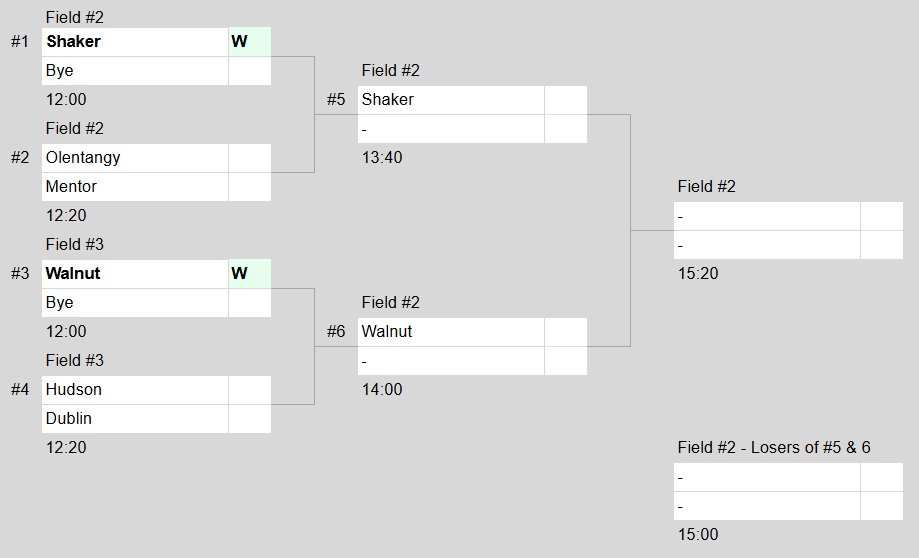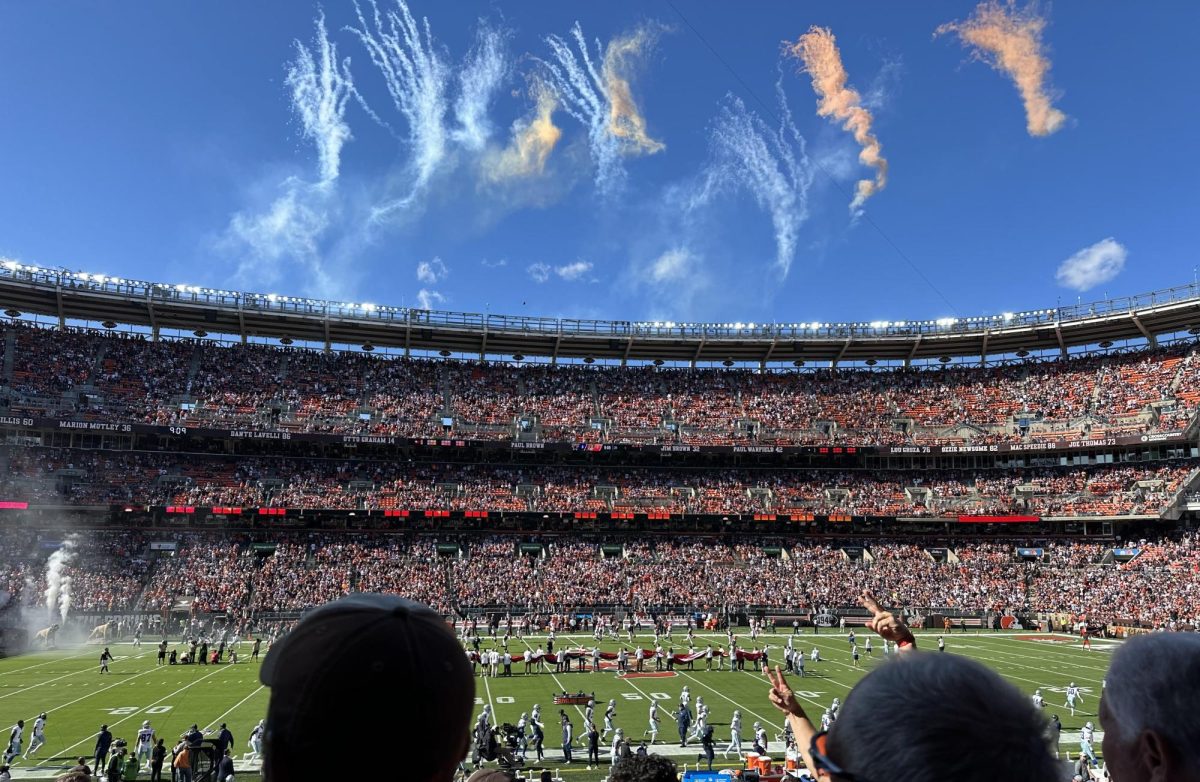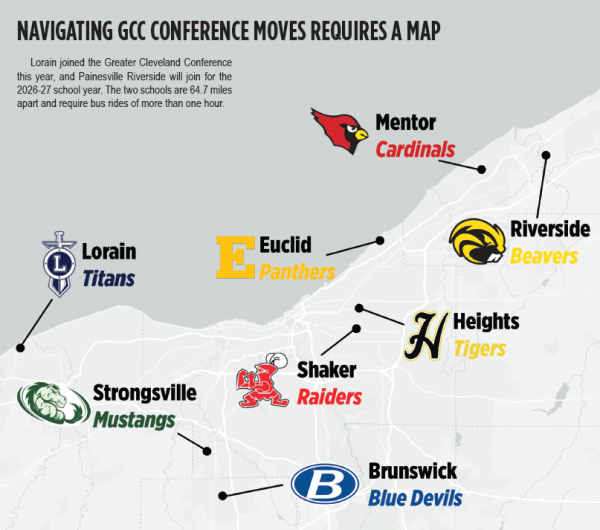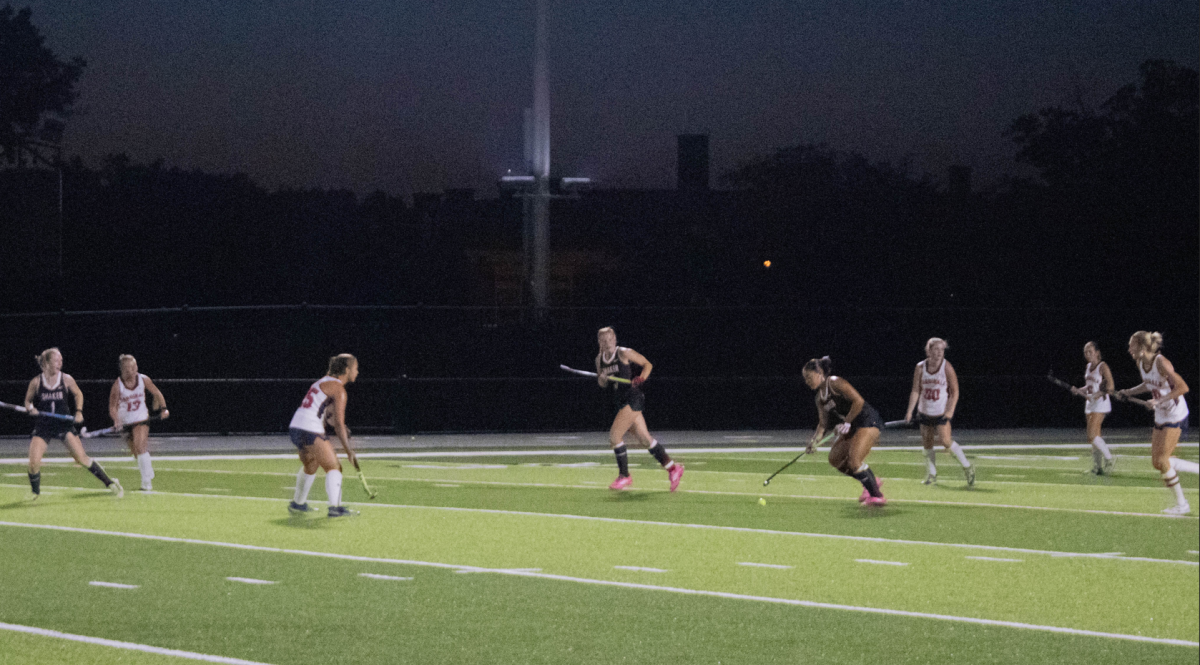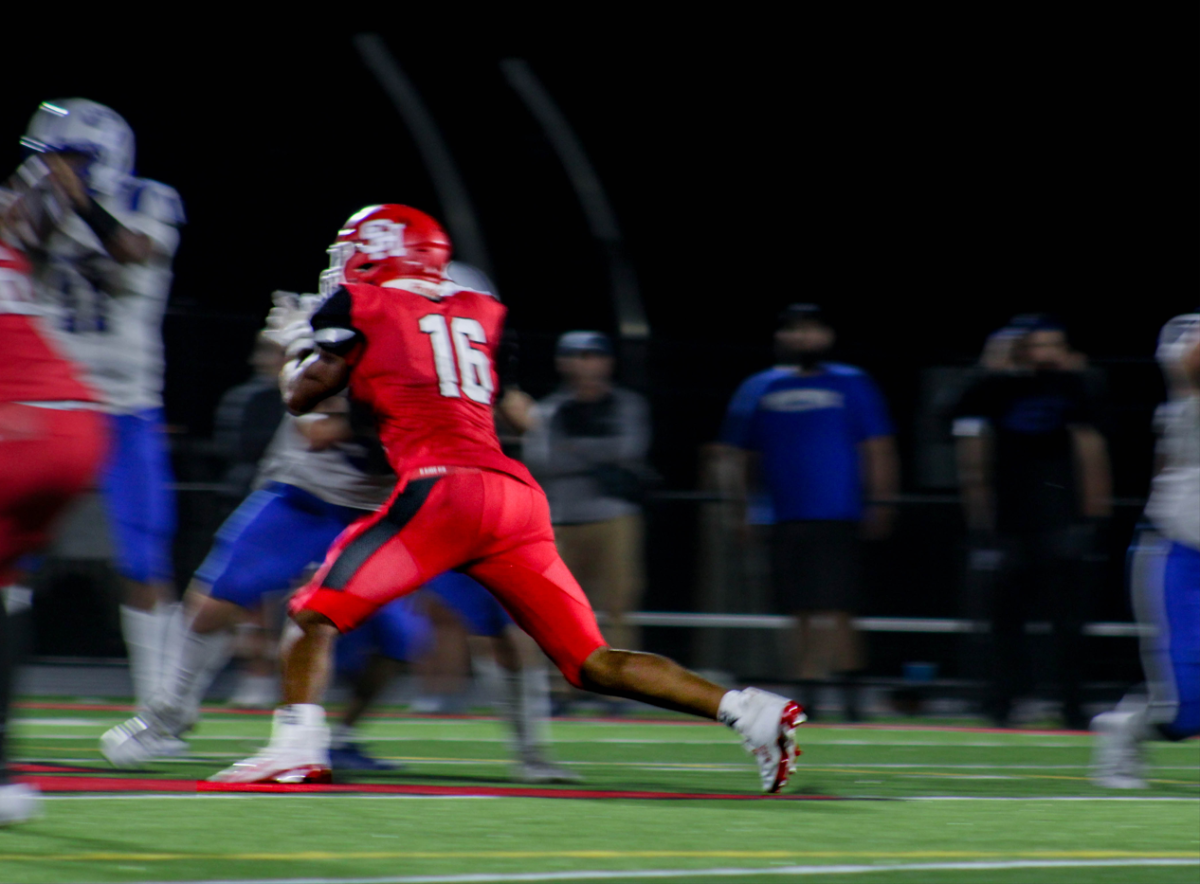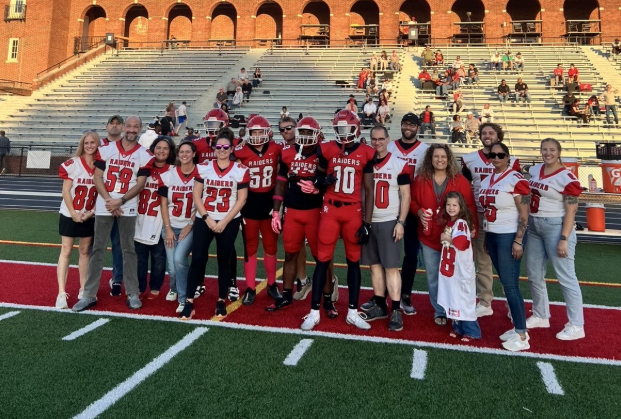Derrick Rose, Fab Melo, LaQuinton Ross, Isaiah Wiley, Michael Ford.
You’ve probably heard of some of these collegiate and professional athletes. All of them were at one point academically ineligible to play. Add Terry Rozier to the list. Rozier, a former Shaker Heights basketball player and Louisville recruit, is going to prep school this year instead of the University of Louisville to become “better prepared” for college.
According to the NCAA, 80 percent of student-athletes graduate from college, but this doesn’t show the whole picture. The academic performance of many women’s teams and minor sports teams, which typically have athletes who are more dedicated to academics, inflate that statistic. Contrastingly, men’s basketball and football players at many competitive universities such as Indiana, Michigan, Southern California and Oklahoma, have graduation success rates of 50 percent or even lower. That means that fewer than half of the football and basketball players graduate. This is unacceptable.
Not every student-athlete will grow up to be the next Michael Jordan, Derek Jeter or Peyton Manning. That big paycheck from a job in professional sports might never come, and without education, the once student-athlete might be stuck in a rut for life.
There is a reason they’re called student-athletes. It is because they are students first, and athletes second. Most student-athletes will graduate and go into careers off the field or court. It is important that student-athletes realize this and get the education they need.
Famous collegiate and high school athletes who don’t make it to the pros have few job opportunities that don’t pay minimum wage if they don’t get an education. According to the federal Bureau of Labor Statistics, workers with only high school diplomas made on average $33,176 in 2011 while those with bachelor’s degrees made $54,756. And, according to the BLS, the unemployment rate for high school graduates is 9.4 percent. For college graduates, it is 4.9 percent.
For nearly every high-school athlete, those numbers are more important than scoring averages. Let’s hope Rozier takes advantage of his prep-school stop and gains eligibility for a fine career at Louisville. Let’s also hope that he acts on what every Shaker student knows: your education is just as important as your athletic career. You have limited amount of playing time, but you will need to work for life.
A version of this article appeared in print on 19 September 2012, on page 14 of the Shaker

